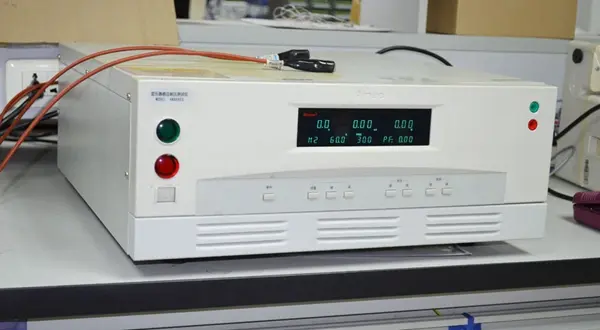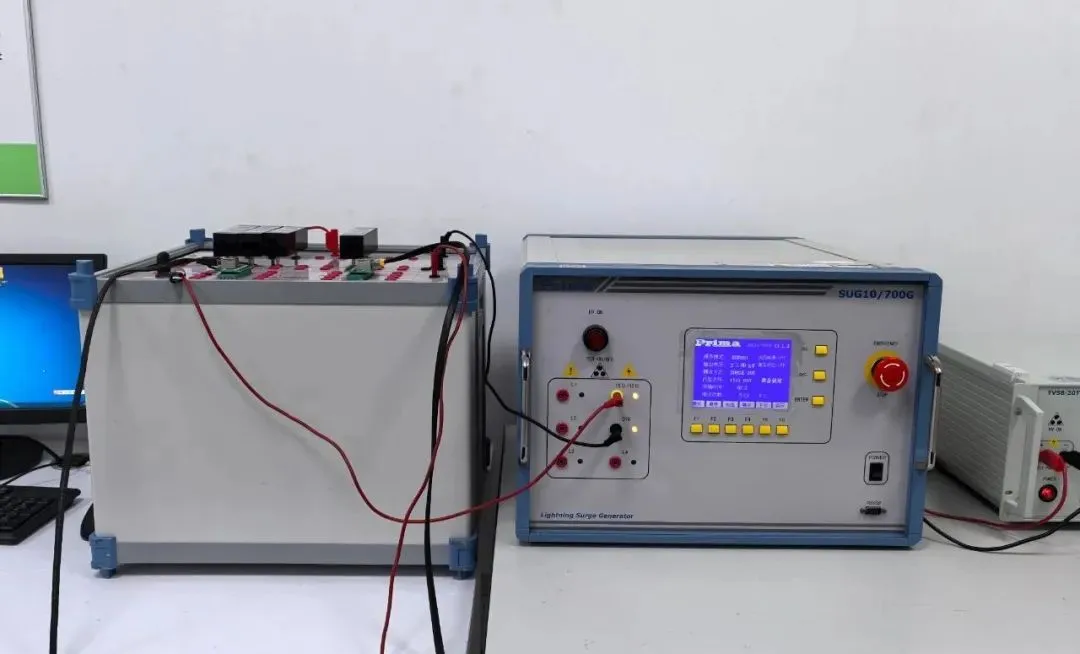
Which Products Require ASTM F963 Testing?
ASTM F963 is a set of U.S. safety standards specifically for toys, outlining the safety requirements that toy products must comply with throughout design, manufacturing, and sales processes.
Products subject to astm f963 testing mainly include:
1. Toys designed for or primarily intended for children aged 12 and under.
2. All components of the toy, including surface coatings, substrate materials, liquids, pastes, gels, putties, powders, and the cleanliness of filling materials. Other aspects include sound-producing toys, small parts, accessible edges, projections, sharp points, metal wires or rods, nails and fasteners, plastic films, folding mechanisms and hinges, cords, straps, and elastics, stability and overload requirements, confined spaces, wheels, tires, axles, mechanical holes, gaps and accessibility, simULated protective devices, rubber pacifiers, projectile toys, teethers and teething toys, squeeze toys, battery-operated toys, toys intended for cribs or playpens, stuffed and bean bag toys, toys with spherical ends, pom-poms, hemispheric items, stretchy string toys, magnets, etc.
What Are the ASTM F963 Testing Items?
1. Physical and Mechanical Testing: Includes testing for structural integrity, sharp edges, sharp points, small parts, nails and fasteners, metal wires and rods, packaging films, cords and elastics, wheels, tires, axles, folding mechanisms and hinges, holes, gaps, and accessibility of mechanical parts.
2. Sound-Producing Toy Testing: Evaluates whether the sound levels produced by toys are within safe limits, especially for sound toys intended for children aged 8 to 14.
3. Flammability Testing: Ensures that toy materials meet flammability requirements under specific conditions.
4. Soluble Heavy Metals Content: Tests for soluble lead, cadmium, mercury, and other heavy metals in toy materials.
5. Total Lead Content: Assesses whether the total lead content in all toy materials meets the standard.
6. Battery-Operated toy safety testing: Ensures that batteries are securely enclosed and not easily accessible, including requirements for battery compartment fastenings and any special tools provided with the toy.
7. Cleanliness of Filling Materials: Evaluates the hygiene and cleanliness of toy filling materials.
8. Sound Level Testing: Determines whether the sound emitted by toys exceeds safe thresholds.
9. Magnetic Toy Testing: Assesses the safety of toys containing magnetic components.
10. Food Contact Material Testing: Ensures the safety of toys that may come into contact with food, in compliance with relevant FDA standards.
11. Hazardous Art Materials Labeling: Assesses whether art materials meet safety standards and are properly labeled.
12. Phthalates Testing: Checks whether specific phthalate plasticizers are present in toys and ensures compliance with relevant regulations.
13. Tracking Label Requirements: Ensures that toys meet the Consumer Product Safety Commission (CPSC) tracking label requirements.
JJR Laboratory in China provides astm f963 testing services. Feel free to contact us for inquiries.
Email:hello@jjrlab.com
Write your message here and send it to us
 Global Certification Guide for Lithium Batteries
Global Certification Guide for Lithium Batteries
 Compliance of Amazon 18650 Lithium Battery Product
Compliance of Amazon 18650 Lithium Battery Product
 What is CE Certification and EU Authorized Represe
What is CE Certification and EU Authorized Represe
 What Are the Lithium Battery Safety Tests?
What Are the Lithium Battery Safety Tests?
 What is the EN 61326-2-3 Standard?
What is the EN 61326-2-3 Standard?
 Why Do Smart Sockets Need IEC 60884 Certification?
Why Do Smart Sockets Need IEC 60884 Certification?
 Why Retest the Device if the 5G Module Already Has
Why Retest the Device if the 5G Module Already Has
 Overview of IEC 62087 Test Standard
Overview of IEC 62087 Test Standard
Leave us a message
24-hour online customer service at any time to respond, so that you worry!




